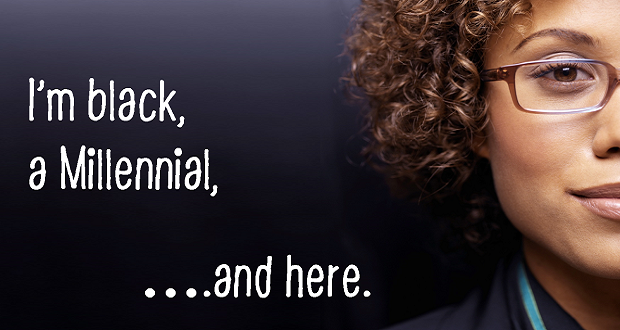Nothing in this blog post reflects the positions of the federal government, Department of Treasury, or the IRS. The opinions in this piece are solely the views of the writer in his personal capacity as an American Indian.
During the late summer of 2024, I observed my voice getting hoarse. I attributed this to the huge volume of learning conversations I led in August 2024 and to seasonal allergies.
Fall rolled in and the hoarseness seemed to worsen. My wife convinced me in to see an ear, nose, and throat doctor on October 22nd. She told me I had a growth on my left vocal cord. I immediately asked her the “C” question. She pointed out these tissues could be cancerous and referred me to an ENT-otolaryngologist.
As I left her office and got into my car, I rested my head on the steering wheel and wept torrents of tears, pouring down like puddles on a rainy day.
And then, on November 11th after biopsy surgery, reality sunk when my surgeon confirmed I had laryngeal cancer.
You can’t unhear the words “You have cancer.” I churned this question over and over in my mind: Why me? I had never smoked, consumed alcohol, or used illicit drugs. I was in great shape for a 66-year-old Baby Boomer. Was my plight some form of predestination?
Looking down the barrel of 29 radiation treatments with side effects too numerous to list and the reality that my career as an inclusion learning facilitator was probably over, I observed how my struggle with cancer is very similar to the fight for inclusion.
The recovery from cancer, like labor for inclusion, is an uphill climb. Where once inclusion was considered an honorable, moral, and ethical value, it has recently become a punching bag of political expediency, enduring blow after blow of erasure, cancellation, and demonization.
As I mentioned earlier, I have asked the “why” question more times that I can remember as I battle this disease. As inclusion practitioners, we may ask “why?” when we confront the exclusive forces and voices that have invaded our sacred work and increased the suffering and trauma of those we serve.
As I wage the battle of my life, I am trying to find meaning in this suffering by remaining open to the journey cancer is calling me to. Similarly, inclusion justice warriors must be open to the painful and surprising messages this anti-inclusion and race-neutral reality is telling us as we retool–and not abandon–our principles of healing, reconciliation, and repair.
To survive cancer, you must be resilient; the same goes for the cause of inclusion. Inclusion advocates must be gritty and tough. We must be ready for the inevitable strikes from exclusion that are coming. We must have rock hard chins to take the blows and body punches from a world that is rejecting our message of unity.
Regardless of the difficulty of my cancer treatment, I must live each day to the fullest regardless of its disappointment or rewards. Buddhists describe this process as finding the “raw mind.” Likewise, folks working for a more just, compassionate, empathetic, and inclusive world must celebrate every victory, even if it is short-lived. We should be in a constant state of openness and mindfulness as we squeeze the maximum rewards out of life’s rare inclusive experiences during this period of famine we unfortunately reside in. True inclusion must be part of our DNA. It must be intentional, so it becomes habit forming. It must be fully absorbed into our personalities, where there is no doubt on where we stand on creating a world where we belong to each other.
My diagnosis of cancer quickly became part of my identity. It directs every part of my life from what I can do to what I can eat. Popping pills at breakfast, lunch and dinner is routine. I can count on being asked the same question each day by friends and loved ones: How are you doing? As people around me inquire about my wellbeing, I am reminded that my cancer affects them as well. They understand there is no cure for this disease that is the second leading killer of people in the USA. They give me quizzical looks when I tell them cancer is good at helping you learn about yourself as it kills you.
Inclusion practitioners are shaken to their core as well. They are working in an unprecedented space that has upended decades of advancements for a more inclusive society. Business, educational, and non-profit institutions that once trumpeted their support for inclusion have sunk into hiding places that reek of “business as usual.”
I have processed an incredible amount of vocational uncertainty in addition to my cancer experiences. Will inclusion be exiled by the federal government? Will I have a job? Will I undergo a forced retirement? Will I be transferred to another business unit that does not have inclusion as its core mission? Have I helped my last customer? Others who have picked up the banner of inclusion in the workplace are confronted with competing realities of being true to their calling or compromising the inclusion message to a point where it is unrecognizable.
Whether it comes to dealing with incurable diseases or a world where exclusion is the norm, Mental Health Momas suggest we find compassionate resilience: “The power to return to a position of empathy, strength, and hope after the daily experience of whatever challenge we may face. It is the ability to maintain our physical, emotional, and mental health well-being while responding compassionately to people who are suffering. It allows us to find optimism in an imperfect world.”
I carry this with me, even in a world of illness and exclusion.


















